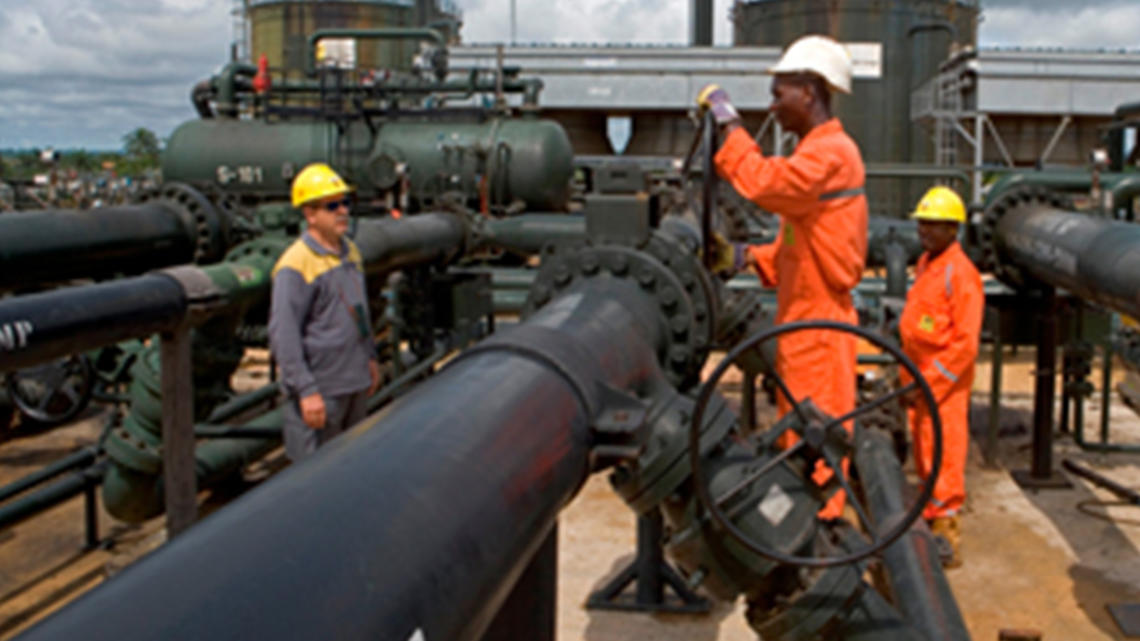eni is a leading global energy company with operations in 79 countries and activities in oil and gas production, refining and marketing, electricity generation and sale, petrochemicals, oilfield services construction and engineering.
In Africa, eni has a flaring down strategic plan that seeks to address the dual challenge of fighting energy poverty while tackling climate change. Between 2007 and 2010, eni has reduced flaring by over 30%, and is investing in new energy infrastructure to bring this figure up to 80% by 2015. When fully implemented, the program will recover around 5 billion cubic meters of gas per year.
Where the associated gas is used to supply the local market and produce electricity, the population gains access to a continuous supply of reliable and safe energy. This, in turn, acts as a catalyst for social and economic development.
This case study describes eni’s activities in this particular domain in the Republic of the Congo. The company, which has been active in the country in hydrocarbon exploration and production since 1968, signed an agreement with the government to develop two electricity power stations and eliminate gas flaring by 2012.
The agreement envisages the construction in Djeno of the new Centrale Electrique du Congo power station (300 MW, planned for a future output of 450 MW) and the revamping of the existing 50MW Centrale Electrique de Djeno power station. The agreement also includes the exploitation of gas from the M’Boundi oilfield, which is collected and transported through a 55 km pipeline to Djeno. The two new power stations will now provide 60% of the country’s installed capacity and expand access to electricity for approximately 700,000 people. Average per capita electricity consumption in the area serviced by eni’s investment rose to 350 KWh in 2009 and 462 KWh in 2010, compared with the national average of just 137 KWh per year.


